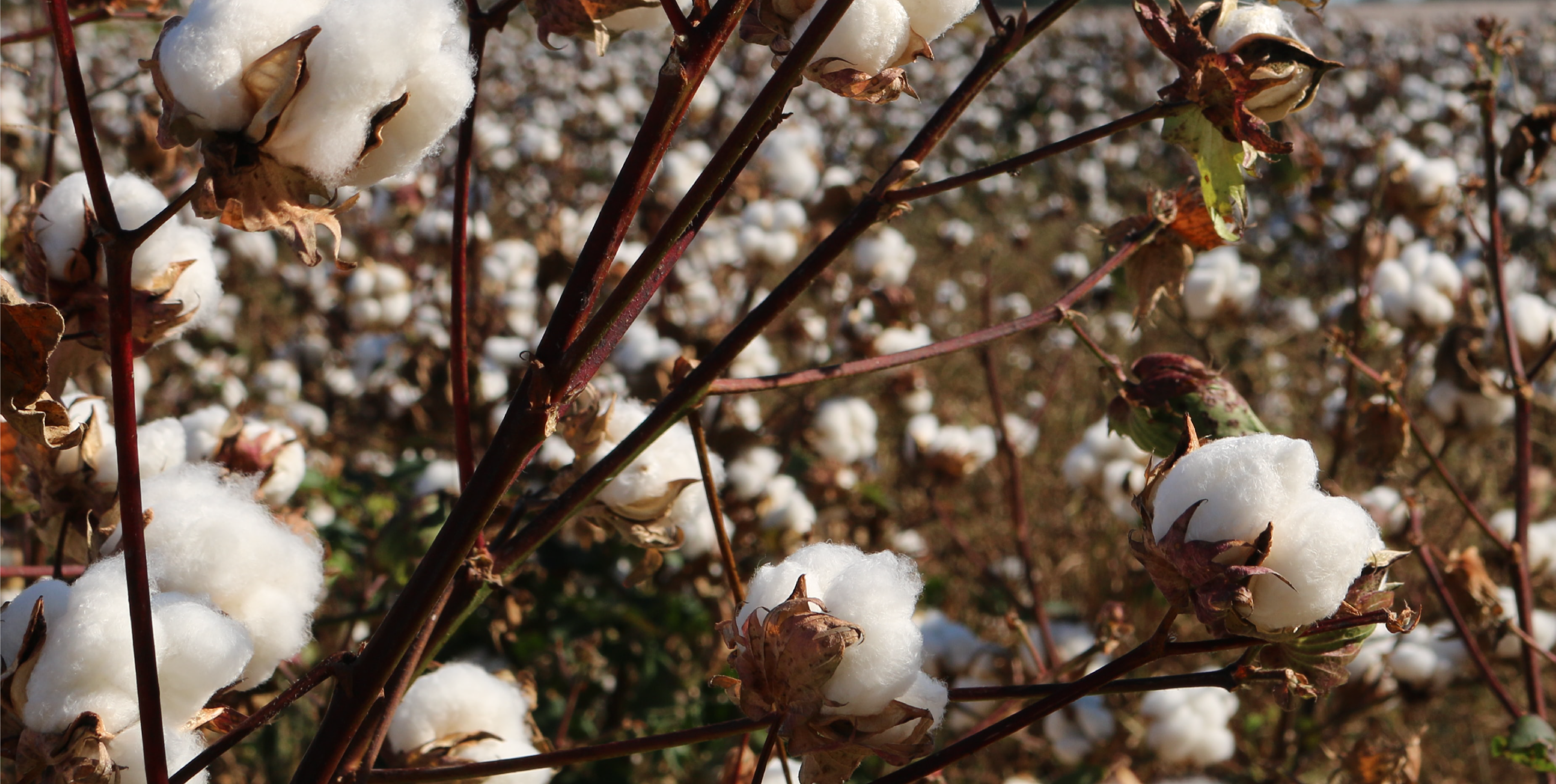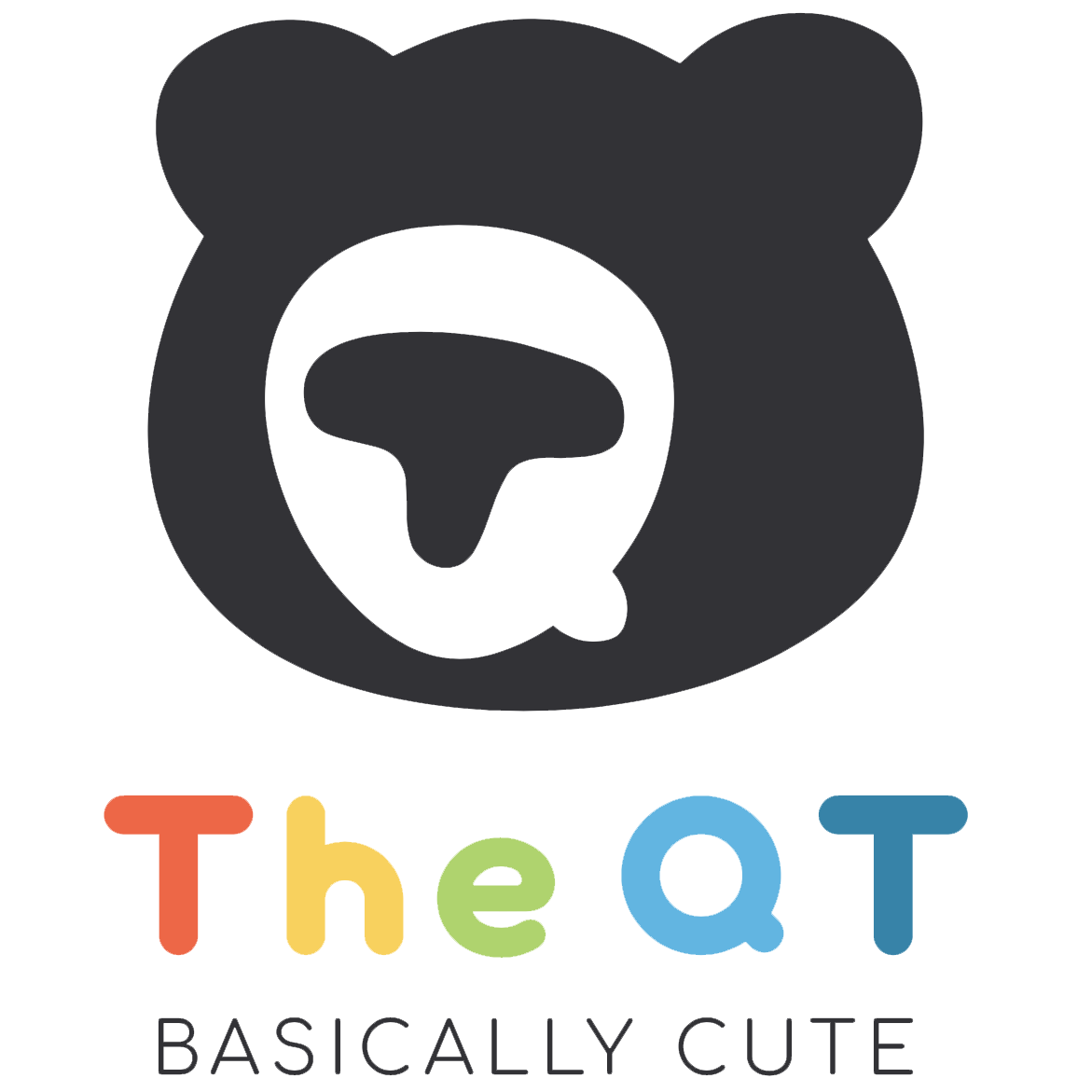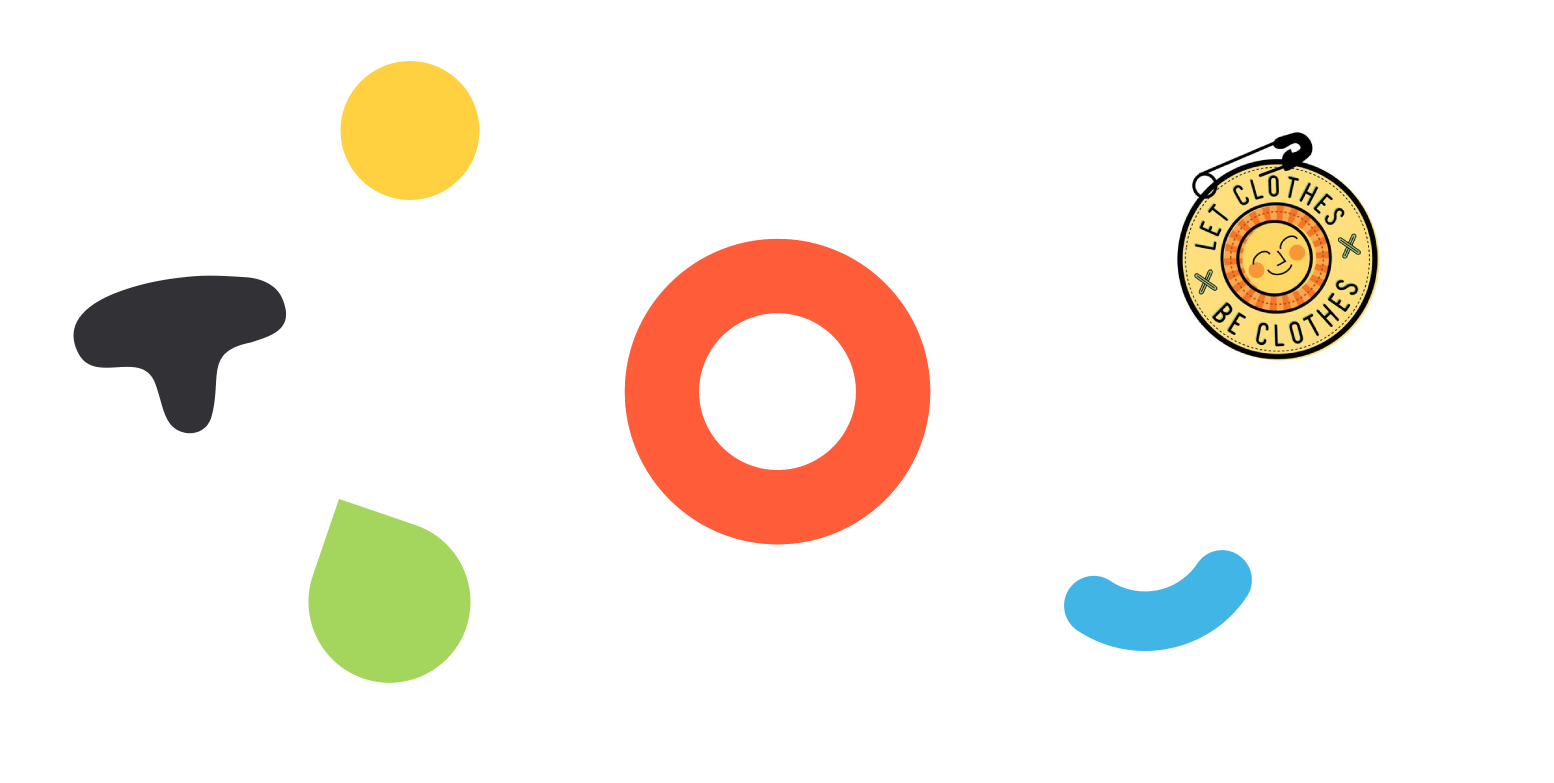
The Importance of Choosing Organic Cotton Clothing
DID YOU KNOW?
Did you know that cotton is one of the oldest known fibres and has been made into fabric since 3000 BC? And did you know that (after polyester and acrylic) conventional cotton ranks as the third most unsustainable, harmful and polluting fabric? This is largely due to the intensive use of toxic pesticides and unfair working conditions for its production.
Studies show that it can take more than 20,000 litres of water to produce just one cotton t-shirt and a pair of jeans. The excess water is then polluted with chemicals and dyes. These hazardous materials are expensive to dispose of properly and many companies end up polluting the waterways instead, so their products can remain cheap.
An example of the “true cost” of cotton production can be seen in the Aral Sea basin, which was sucked dry in 2014 due to the amount of water needed in the cotton production process. Commenting on this incident, environmental activist Vandana Shiva stated that “the fashion industry is one of the most polluting industries in the world, causing human misery, enormous cost of life and gigantic environmental devastation.”
It is estimated that thousands of people exposed to the chemicals used in non-organic cotton production die of cancer, poisoning, and miscarriages each year. Many also suffer from birth defects and other diseases such as asthma. The exposure to toxic chemicals is taking its toll mostly in developing countries, such as India and Uzbekistan.
In 2015, 26 million metric tonnes of cotton was produced globally, much of it for the apparel industry. Organic cotton makes up less than 1% of this. As a consumer you have the purchasing power to influence brands, manufacturers and even farmers and their families by choosing organic over conventional cotton.
WHY ORGANIC COTTON?
Organic cotton farming prohibits the use of toxic chemicals or GMOs (genetically modified organisms) and supports the health of soils, ecosystems and people by using natural processes instead of artificial inputs. It combines tradition, innovation and science to benefit the environment and promote a good quality of life for everyone involved.
It takes 2,700 litres of water to make one t-shirt from conventional cotton. That’s enough to sustain one person for 900 days. The growth of organic cotton uses 88% less water than conventional cotton, in fact organic cotton is 80% rain-fed, which reduces pressure on local water resources. And since chemicals are not allowed the water is cleaner and safer.
Another major benefit of growing organic cotton is that farmers and their families are kept safe. They are not exposed to toxic chemicals in the field or through their food and water supply. And since the water and soil is clean, they are able to grow more than one crop, which in turn supplements their food and income.
Organic cotton would never irritate your child’s skin or cause allergies, hence it is particularly favoured for babies. But it’s not just for babies and sensitive skin. As you can see, the benefits of choosing organically grown cotton are numerous and more than we can fit on to this page.
What you as a consumer should know is that when you buy a product labelled as “organic” cotton the rest of the production chain might still be conventional. That includes dyeing, printing, coatings and so on. That’s why the organic cotton garments from The QT are certified from seed to finished product by GOTS - the Global Organic Textile Standard.
WHY GOTS?
The Global Organic Textile Standard (GOTS) is the strictest certification for organic materials on the market today. It involves rigid controls of chemical use and fair working conditions throughout the entire supply chain and manufacturing process. That includes the processing, manufacturing, printing, packaging, trading and distribution of all textiles. So when you are looking for garments made in organic cotton, look for GOTS certification.
Don’t forget that when you buy garments made with GOTS-certified organic cotton you are also investing in water conservation, better soil, cleaner air and farmers living standards. And you are definitely making a great choice.
We'll leave you with this Ode to Organic Cotton and some sources for further information on the topic:
Global Organic Textile Standard


